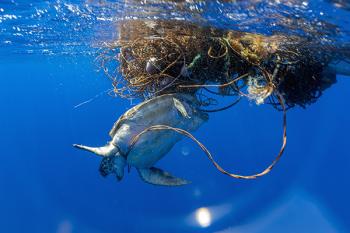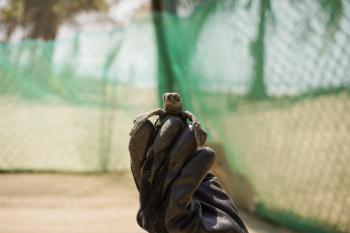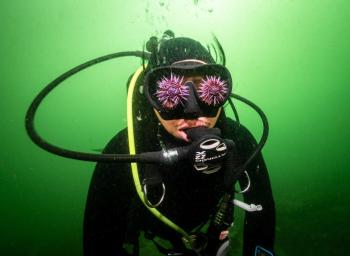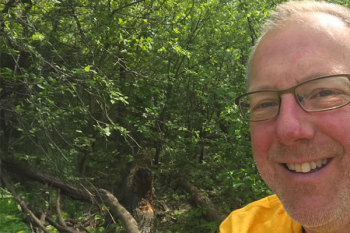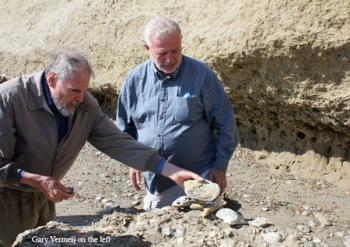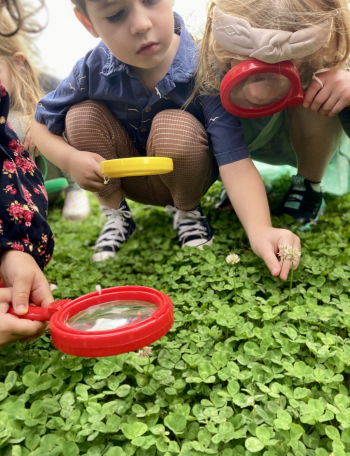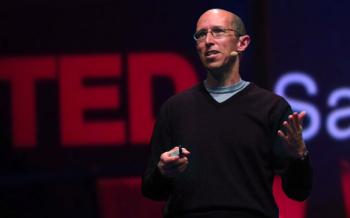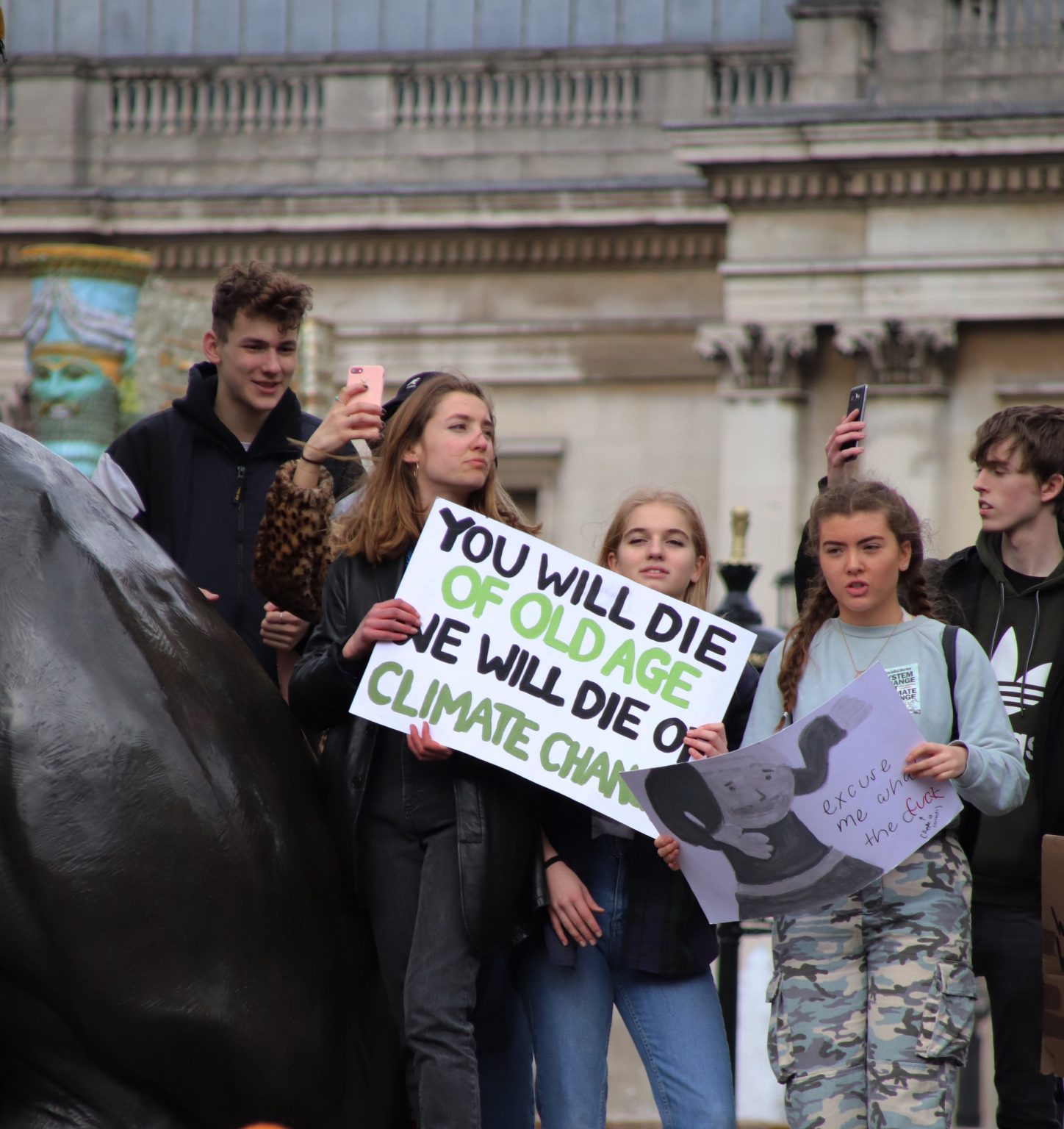
"UNLESS someone like you cares a whole awful lot, nothing is going to get better It’s not.” Dr. Seuss, The Lorax.
Young people have been on the frontline of pushing for actions and policies to fight the climate crisis. We know it’s children and young people who will be living all the changes. As this article from the Columbia Climate Center says, “Young people recognize that climate change is going to shape their futures—where they live, the work they will do, and their quality of life. They need climate education in order to develop green skills, adapt to the harsh reality of a warming world, and understand how to combat climate change. But they need to learn the basics of climate change before they can do anything about it.”
To combat the climate crisis, climate education should be mandated for students of all ages. “It’s the time to make climate education a mandatory part of the national curriculum,” says Radhika Iyengar, director of the education sector at Columbia Climate School’s Center for Sustainable Development. Climate education was shown to potentially be a more effective way to reduce emissions than many other single solutions in a study by Drawdown.
Kids: The Renewable Energy We Need
Youth who have been educated about climate change will have a better understanding of the realities of climate change and be more empowered to create possible solutions. They will likely develop personal connections to and understanding of climate change solutions, and make lifestyle changes themselves.
By integrating climate education across disciplines, students build a green muscle memory, where individuals subconsciously make environmentally friendly choices. There is actual evidence that climate change education can have a significant impact on individual lifetime emissions. One study found preliminary evidence that if 16% of secondary school students around the world in middle and high income countries studied climate change, it would result in cutting almost 19 gigatons of CO2 by 2050.
In 2020, New Jersey became the first state to mandate the teaching of climate change in all subjects beginning in kindergarten. California, New York, Maine and Washington are starting to adopt this model.
At Shape of Life, we’ve been wondering, thinking and reading a lot about climate education. On our webpage about teaching the crisis, we point out the desire for more climate education among students, teachers and parents and list some resources. Here are some more.
New Teaching Resources
- We like the work that ACE does. It’s mission: “ACE educates, inspires and supports young people to lead the fight for their future. We ensure they have everything they need to understand the science and advocate for solutions to the climate emergency. Their lesson plans are here: “Our Climate Our Future” where you can search by topics and by type, for example lesson plans or videos with quizzes.
- Yale Climate Communications has several lesson plans and resources for teachers. One is a Climate Change Jigsaw based on listening to their short climate change radio shows and then having students analyze a story to get a better understanding of the climate change topic covered. The program believes in the power of storytelling to convey climate change information and solutions. They recommend books for teachers here.
Resources on Our Website
NOAA has many resources on CleanNet that are searchable. For example, here is a middle school resource about ocean acidification that includes a video and a lesson.
- The Monterey Bay Aquarium Research Institute has several lesson plans. They were created by teachers participating in the EARTH teacher workshops. EARTH—which stands for Education and Research: Testing Hypotheses—uses near-real-time data from ocean observatories to create lessons for students.
- Climate change impacts on animal populations using salmon as a study example
- Graphing temperature
- What’s the bigger picture?
They also have this good primer on climate change and the ocean.
- The Monterey Bay Aquarium has a good page of information about climate change and the ocean.
- This website, Subject to Climate, has free resources for teaching climate including those created by teachers. And they have guides for all grade levels for teachers to integrate climate education into their own lessons.
